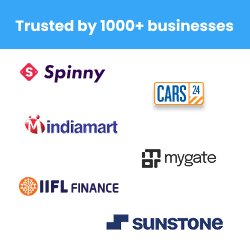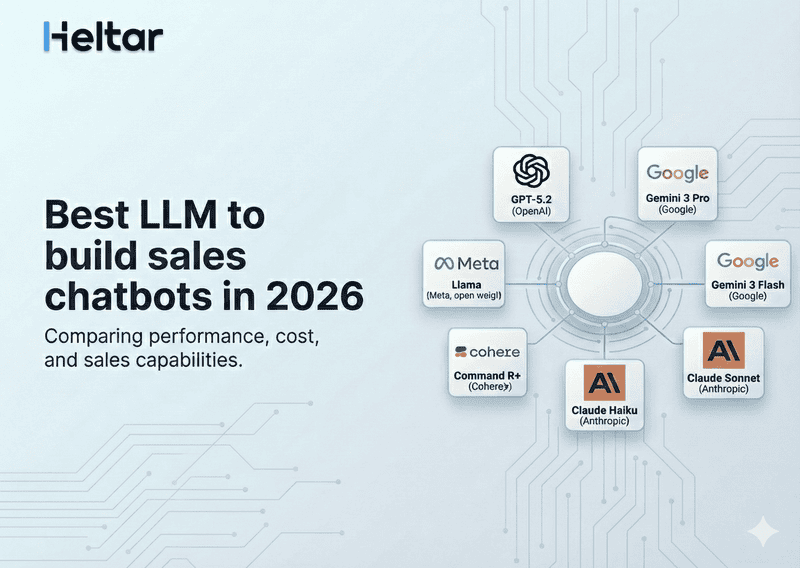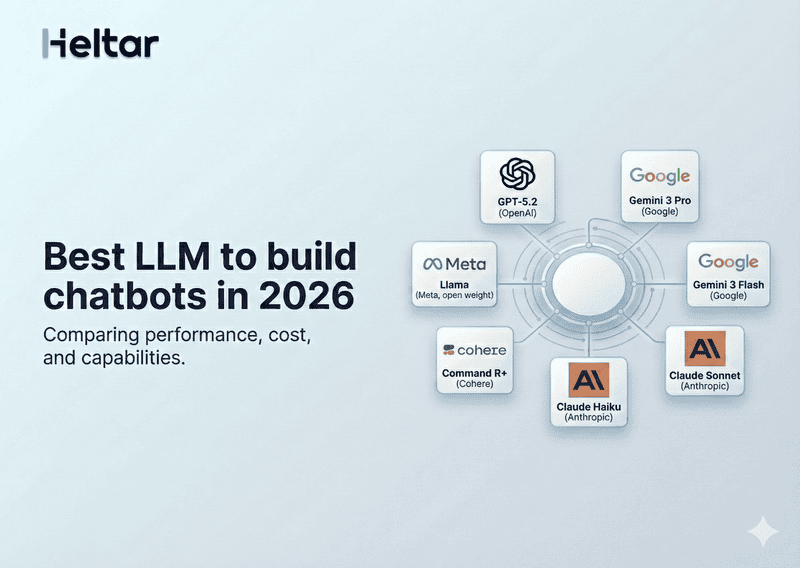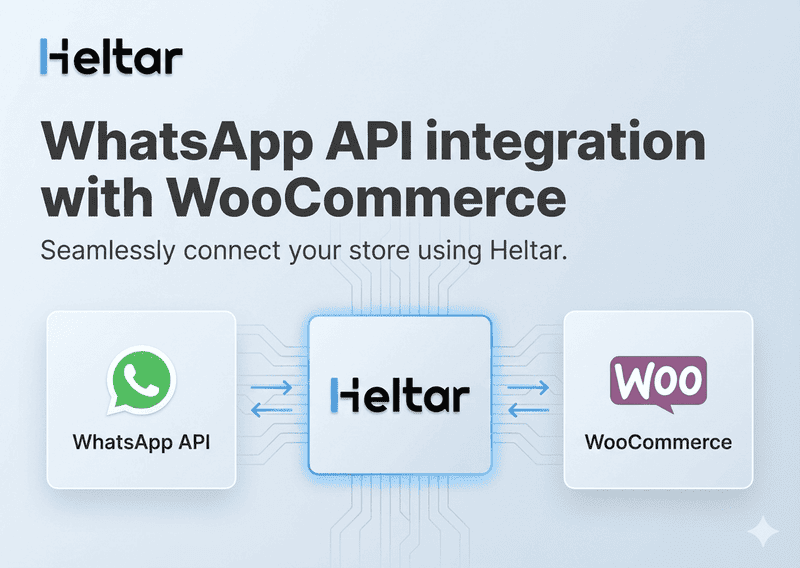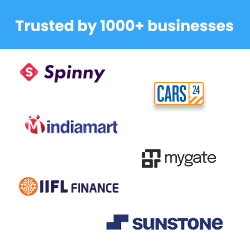If you are building serious WhatsApp communication in India, you have two main paths:
Go direct with a Tech Service Provider (TSP) setup on WhatsApp Cloud API.
Work with an official Business Solution Provider (BSP) like Heltar.
On paper, both give you WhatsApp Business API access. In practice, the experience, risk, and total cost are very different. This guide breaks it down in simple terms so you can pick the right route for your tech stack, compliance needs, and finance team, without getting lost in labels.
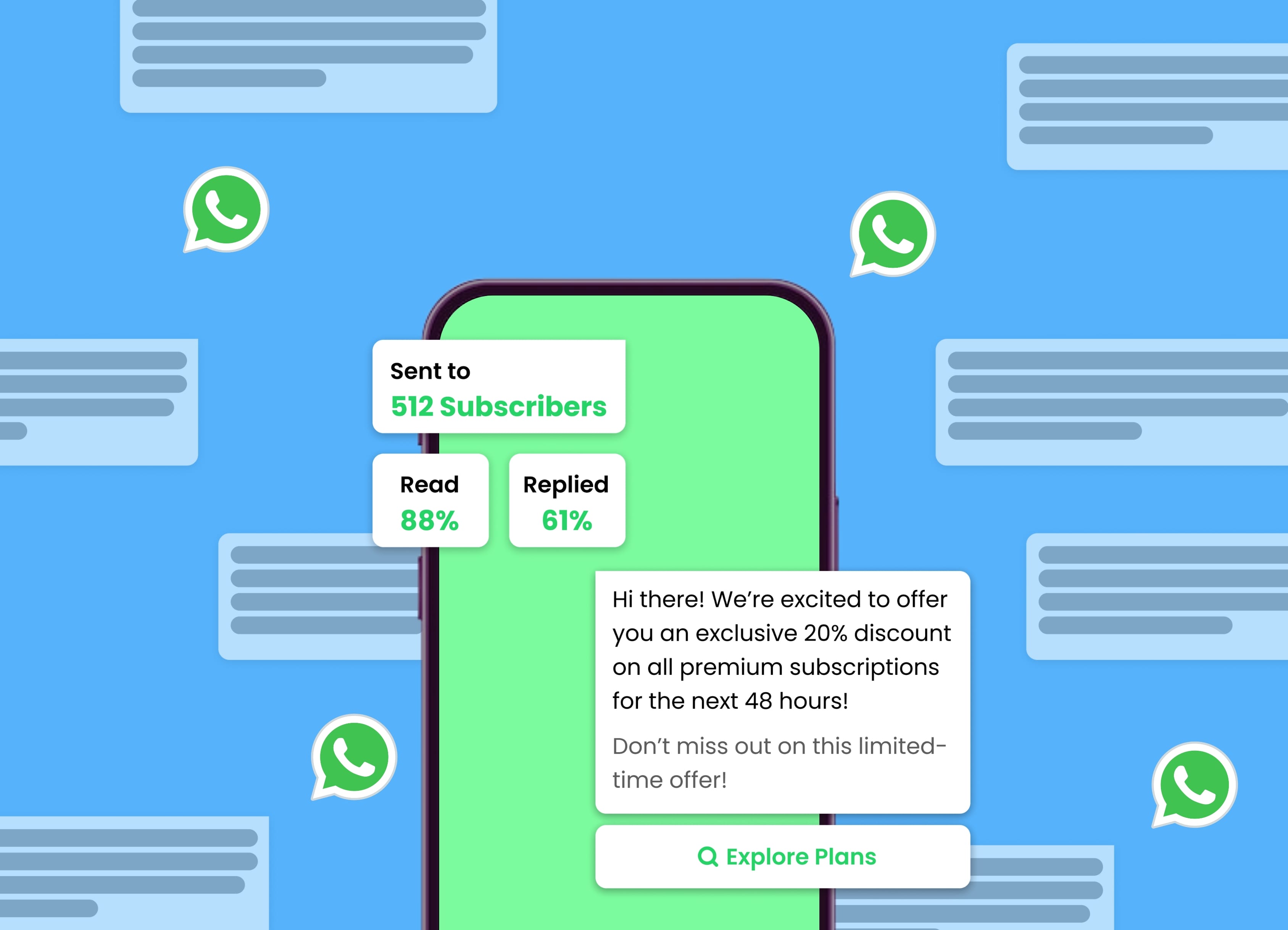
1. First, what are we even talking about?
WhatsApp Business API v/s Cloud API
WhatsApp Business Platform lets businesses send and receive messages at scale using APIs. You do not use it inside the normal app, you plug it into your systems or a provider’s platform. Meta offers this in a cloud hosted model called WhatsApp Cloud API, where Meta runs the infra and exposes endpoints to you or your provider.
Who is a BSP?
A BSP (Business Solution Provider), called a Solution Provider in Meta docs, is a verified partner that builds on top of WhatsApp APIs and offers:
Onboarding and verification help
Hosting and infrastructure
Dashboards, inbox, automation, integrations
Ongoing support
Meta lists Solution Providers as partners that offer a full range of WhatsApp Business Platform services. Heltar falls in this category as an official WhatsApp BSP for businesses in India.
Who is a TSP?
A TSP (Tech Service Provider) is typically a technical partner that connects directly with WhatsApp Cloud API and offers messaging capabilities or APIs to other businesses. Meta defines Tech Providers as businesses that use Cloud API to provide WhatsApp messaging services.
In simple words:
TSP Route: You or your tech provider work close to raw Cloud API.
BSP Route: You use a platform built on top of the API, with support, tools, and local handling.
Both are valid. The difference is how much work sits on your side. Deep dive into the differences between the two here.
2. Direct via TSP: what it looks like in India?
Going direct through a TSP or your own Cloud API setup sounds attractive if you have a strong internal tech team.
How it works?
You or a TSP register apps, set up Cloud API, connect webhooks, manage infra and logic.
You manage templates, routing, retries, opt-ins, and integrations.
Meta bills you in USD for conversation charges, subject to card or FX rules.
Pros
High control over how your system is built.
Flexible if you already have a large in-house engineering and DevOps setup.
You can design your own custom routing, data storage, and security controls.
Gaps you need to be ready for
No ready UI for agents, campaigns, or reports, unless you build it.
Your team owns compliance workflows, template quality, and troubleshooting.
Billing in foreign currency, GST input credit, and vendor documentation can get tricky for Indian entities.
You carry the workload of monitoring performance during peak events.
TSP or direct Cloud API is not “wrong”. It is just not plug-and-play for most Indian enterprises or fast growing brands that want speed and clarity. For any normal Indian enterprise, BSP is the way to go.
3. BSP route: what changes when you work with a partner?
A BSP like Heltar sits between your business and WhatsApp APIs and removes the heavy lifting. Here is what that means in real terms for Indian teams.
3.1 Onboarding and WABA ownership
A good BSP:
Guides you through verification, sender setup, templates, and quality checks.
Ensures your WhatsApp Business Account (WABA) is in your company’s name, so you keep ownership if you change vendors later.
This matters in India where many brands work with agencies, SIs, and internal teams. You do not want your number or green tick trapped inside someone else’s account.
3.2 Product layer: more than just an API
With a BSP, you are not dealing with a raw endpoint.
You usually get:
Shared inbox for sales and support
No-code and AI powered chatbot builder
Broadcast and campaign tools
Integrations with CRM, ecommerce, and marketing tools
Logs, metrics, and alerts in one view
Heltar, for example, adds an AI chatbot builder, automation flows, pricing calculator, templates, and integrations on top of the official API. This reduces your build time from months to days.
3.3 Compliance and Template management
With a BSP:
Your templates are checked before submission.
You get help aligning use cases with WhatsApp rules to avoid rejections and quality hits.
You have a team to ask when you are unsure if a campaign is compliant.
With a TSP or direct-only route, your internal team must handle all of this.
4. BSP vs TSP: quick side-by-side
Factor | BSP (Business Solution Provider) | TSP / Direct Cloud API (Tech Service Provider route) |
|---|---|---|
Access to WhatsApp API | Provided through an official partner platform | Direct integration with WhatsApp Cloud API |
Setup & onboarding | Guided onboarding, WABA setup, templates, verification support | DIY setup, internal team configures everything |
WABA ownership | WABA set up in your business name, easier migration if you switch | Depends on implementation, risk of misconfig or tying setup to vendor account |
Billing & GST | Invoices in INR, GST compliant, easier for accounts and audit | Meta or foreign entity billing, FX, extra work for compliance |
Pricing clarity | Usually platform fee plus clear markup on Meta rates | Only Meta conversation rates, but you must track infra and dev costs separately |
Product layer | Comes with inbox, chatbot builder, broadcasts, reports, integrations | Raw APIs, you build or buy each layer separately |
Support | Local or regional support, faster context-specific help | Global docs and generic support, internal team handles most issues |
Compliance & templates | Help with template drafting, approvals, quality rating, policies | Fully owned by your team, higher chance of trial and error |
Technical dependency | Low for business teams, minimal dev needed for most use cases | High, needs strong engineering, DevOps, and ongoing maintenance |
Time to go live | Days, using existing tools and flows | Weeks to months, depending on build complexity |
Scalability in India | BSP optimizes infra, retries, and throughput for peak campaigns | You must design and monitor scale, rate limits, and fallbacks |
Flexibility | Configurable within platform framework | Very high, if you have resources to build custom logic |
Ideal for | Growing brands, enterprises, and teams that want speed, clarity, and help | Tech-heavy orgs that want full control and can own infra and compliance end to end |
For almost all business level use cases, choosing a BSP is the smarter, quicker and the more efficient route. And Heltar can sort the entire end-to-end setup and WhatsApp automation execution for you!
Why businesses need a provider to do this for them?
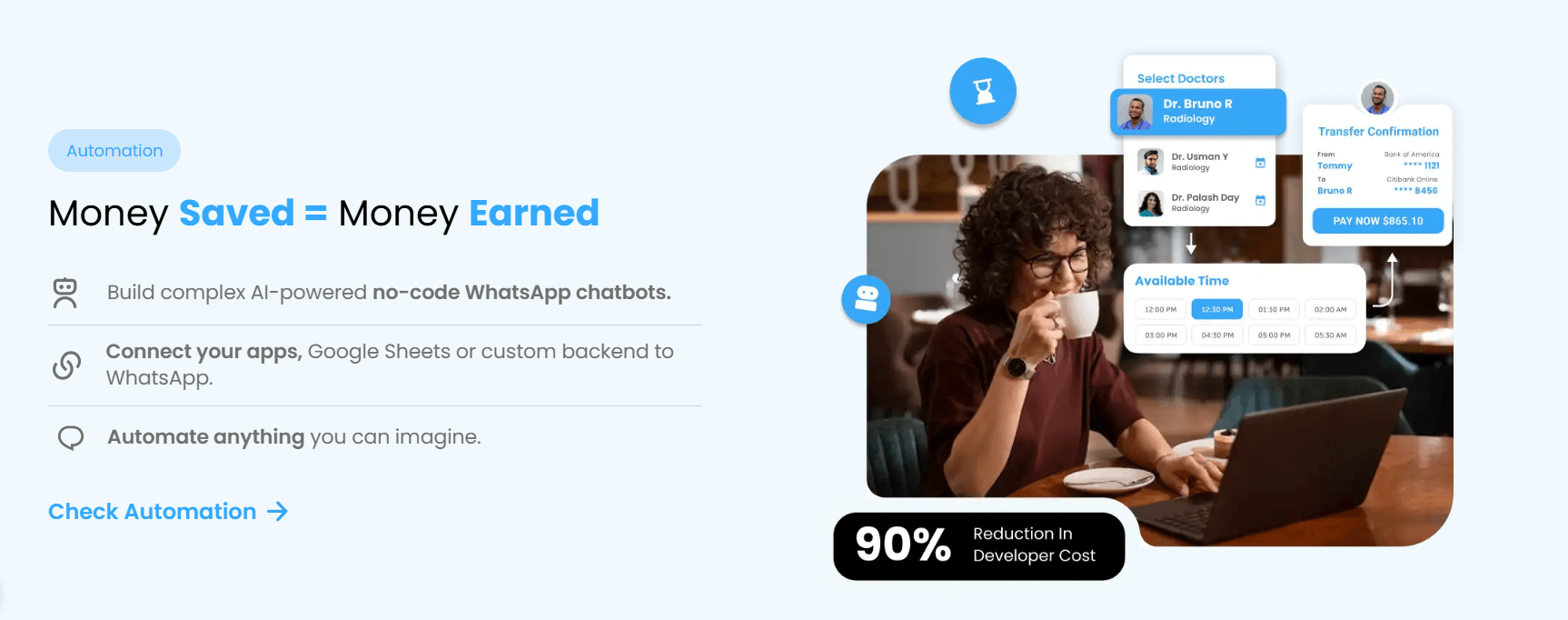
Heltar is a WhatsApp Business API provider built for these needs.
Shared inbox, roles, and assignments so sales can work from one place.
Automation inside the inbox, plus quick setup for keywords, menus, and forms. You can create a WhatsApp chatbot using a drag-and-drop, no-code chatbot builder. Just one AI prompt, and you have your automation ready to be deployed. You can't get this luxury on n8n/Zapier.
Template workflows for approval, variables, and safe bulk sends. You create templates and get them approved within seconds, ready to be launched as part of bulk messaging campaigns.
24-hour window guardrails that auto enforce message type rules.
Campaigns and segments with schedules and rate control. Schedule and Fire any campaign in less than a minute, marketing made simple!
Live reports for delivery, reads, failures, leads, and outcomes.
If this is what your business needs, reach out to us for a demo today.
